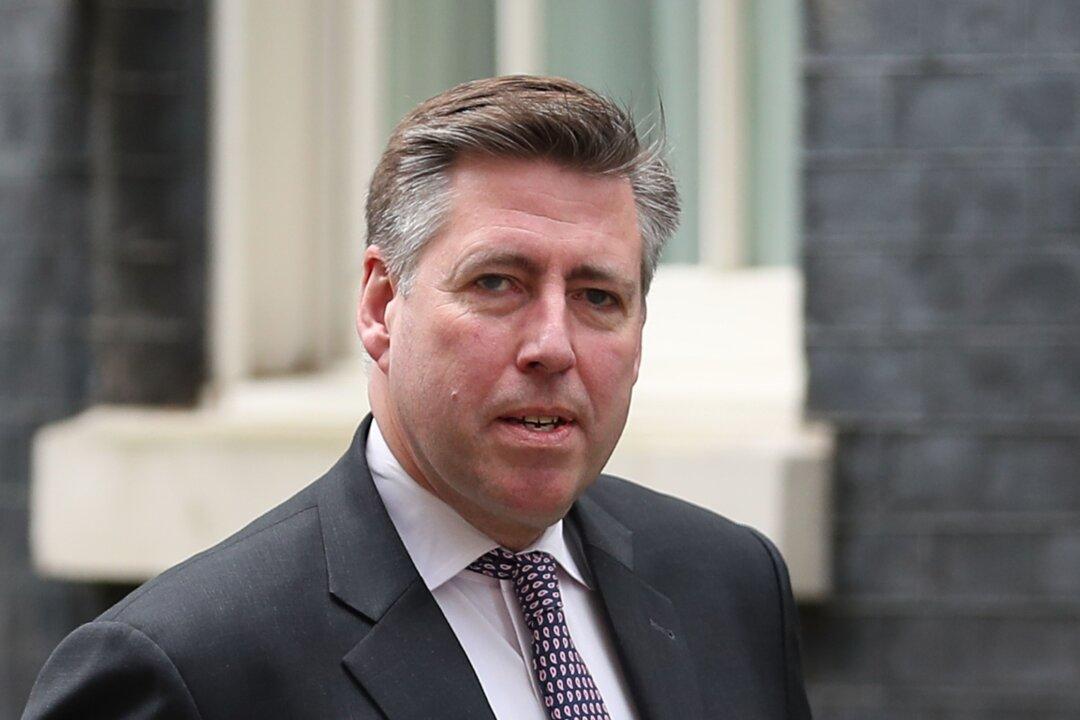The lockdown measures adopted to contain the CCP virus have interfered with fundamental human rights, a senior British Conservative politician told NTD.
Sir Graham Brady, chairman of the influential 1922 Committee of Conservative MPs, welcomed the UK government’s plan to take the country out of the ongoing national lockdown, calling it a “step forward.”





